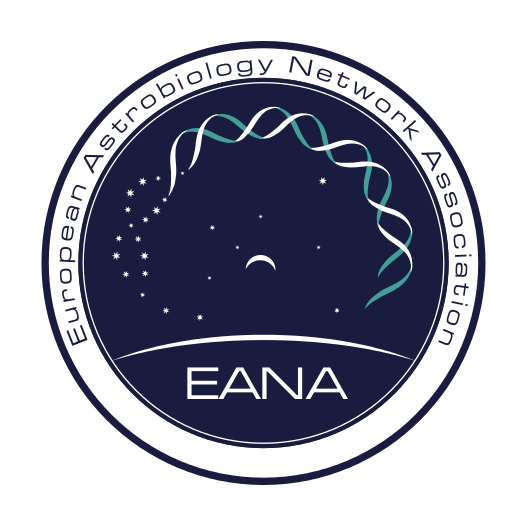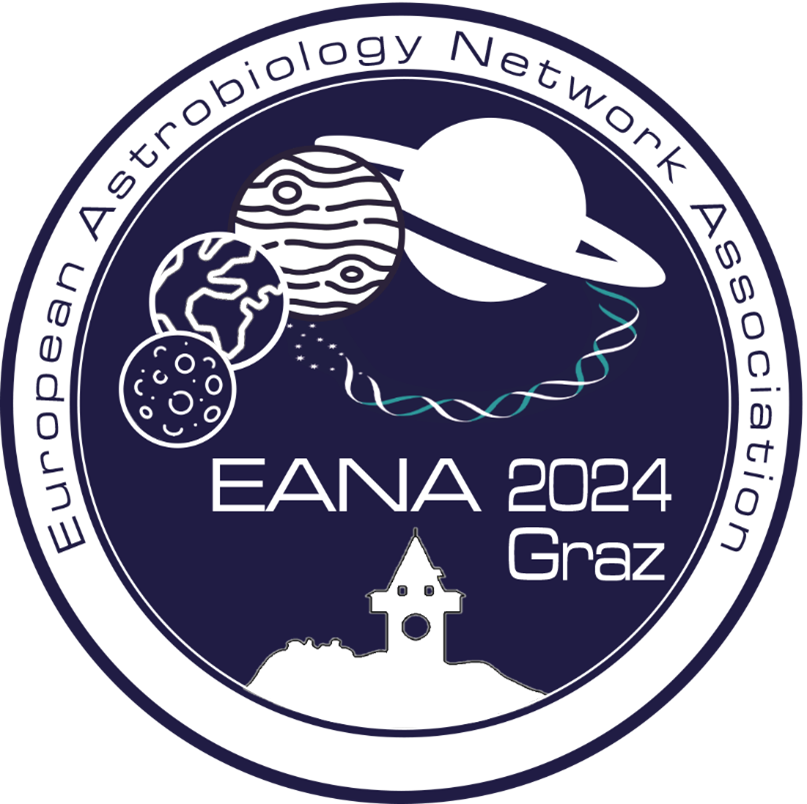 |
Abstract EANA2024-1 |

|
Reducing vs. oxidizing atmospheres during the long-term evolution of rocky planets and implications for later habitability
In the recent years, a new focus of exoplanetary research has been the prediction of the diversity of secondary, outgassed atmospheres of rocky planets of various masses and compositions. Many factors influence the evolution of the atmosphere, including the strength of volcanic outgassing, the survivability of the atmosphere and the redox state of the melt. However, the outgassing efficiency also depends on atmospheric pressure and composition.In this study, we focus on warm atmospheres, where the condensation of water as well as an efficient carbon cycle are unlikely. We see different atmospheric compositional trends evolving for super-Earth planets depending on their surface regime (plate tectonics or rather convective resurfacing regime, vs stagnant-lid planets), due to a more efficient interior mixing for planets with active surface recycling leading to a larger inventory of volatiles available in the uppermost mantle where melting can transport them to the surface.
